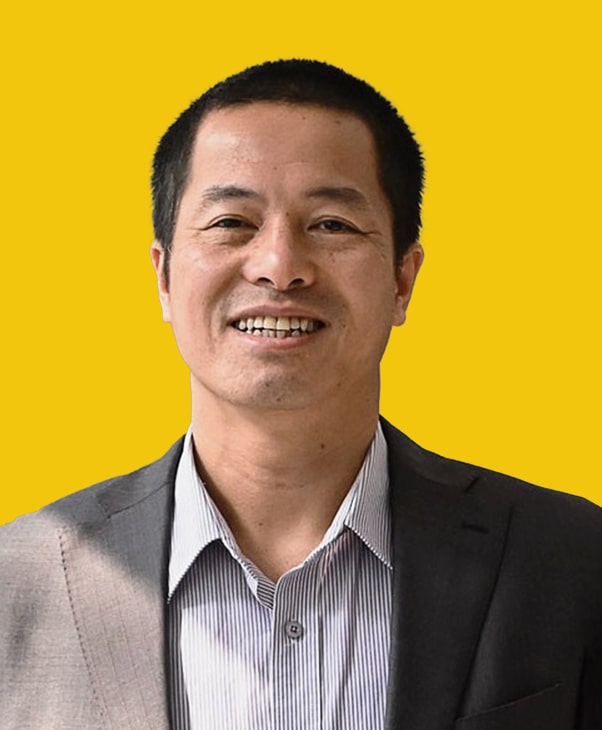
Professor Thanh-Long Giang
THANH-LONG GIANG is currently a Professor at the Faculty of Economics, College of Economics and Public Management of National Economics University, Vietnam; and an Affiliate Research Fellow of Oxford Institute of Population Ageing at the University of Oxford (UK). Prof. Long’s research interests include the economics of aging, and he has published in, for instance, Ageing & Society; Development and Change; and Social Science and Medicine.
Prof. Long has been a consultant for Vietnam’s ministries such as the Ministry of Health and the Ministry of Finance, as well as international organizations such as the Asian Development Bank (ADB), German Technical Cooperation Agency (GIZ), Japan International Cooperation Agency (JICA), ILO, UNDP, UNICEF, UNFPA, WHO, and the World Bank. He earned a MA degree in Public Policy from Hitotsubashi University, Japan; and a PhD degree in Public Policy from the National Graduate Institute for Policy Studies (GRIPS), Japan.
Forum 3: Economic Empowerment and Financial Security for Ageing
Abstract
Economic empowerment and financial security are among important factors contributing to successful aging as defined by Rowe and Kahn (1998) as well as healthy aging as defined by WHO (2022). In this panel discussion, Professor Long will bring a variety of evidence-based studies to describe the case of Vietnam (and other regional countries where possible) in these issues. More specifically, he will describe the historical relationship between older people and their families, especially as concerns ensuring income security and material well being and show how the past dynamics of income security evolving in the future with demographic change by arguments on whether older people continue to rely on the family for income security.
Based on various policy issues, he will also discuss what can be done to ensure that older people will not be over-reliant on their families as household situations change, in which discussions focusing on the roles of communities and government in expanding social protection coverage and benefits under rapidly aging population and middle-income status.
